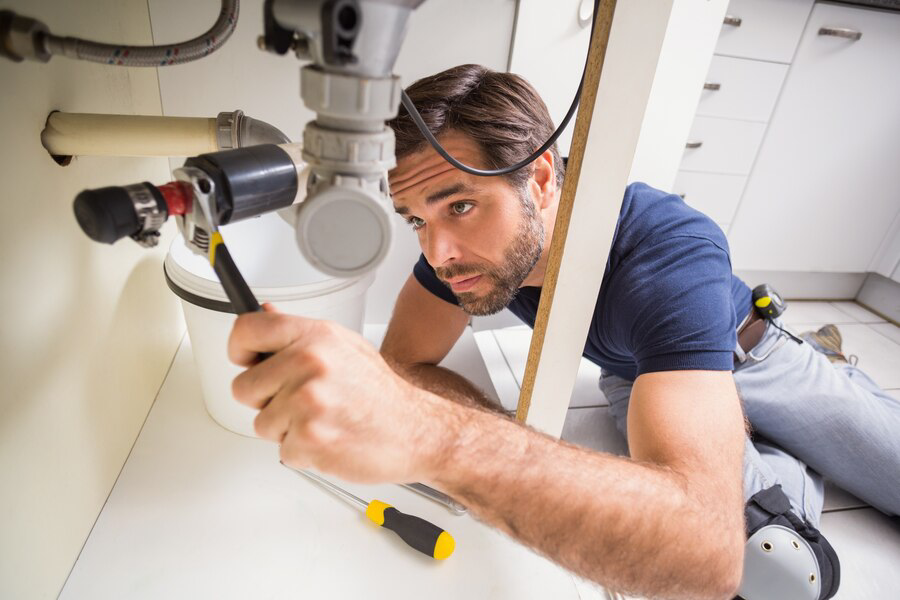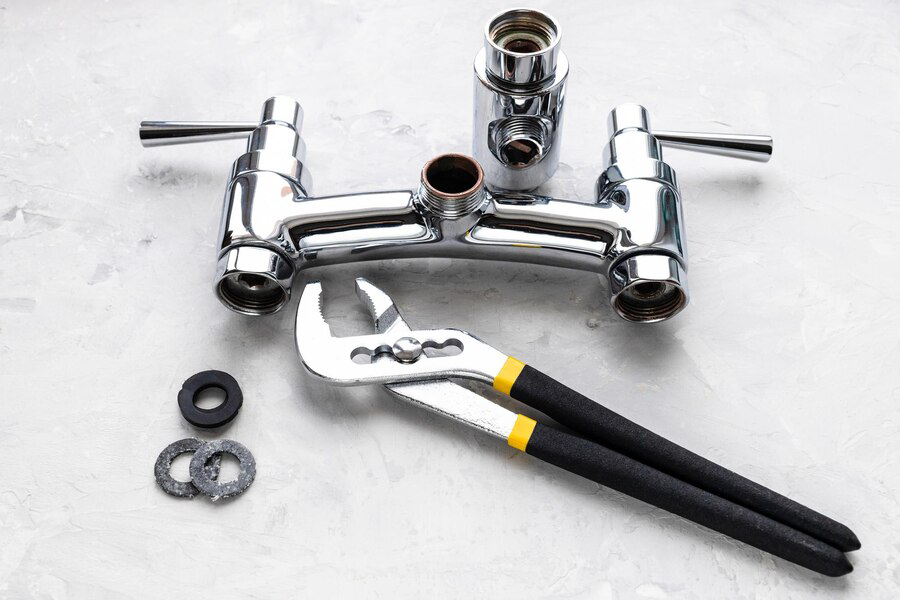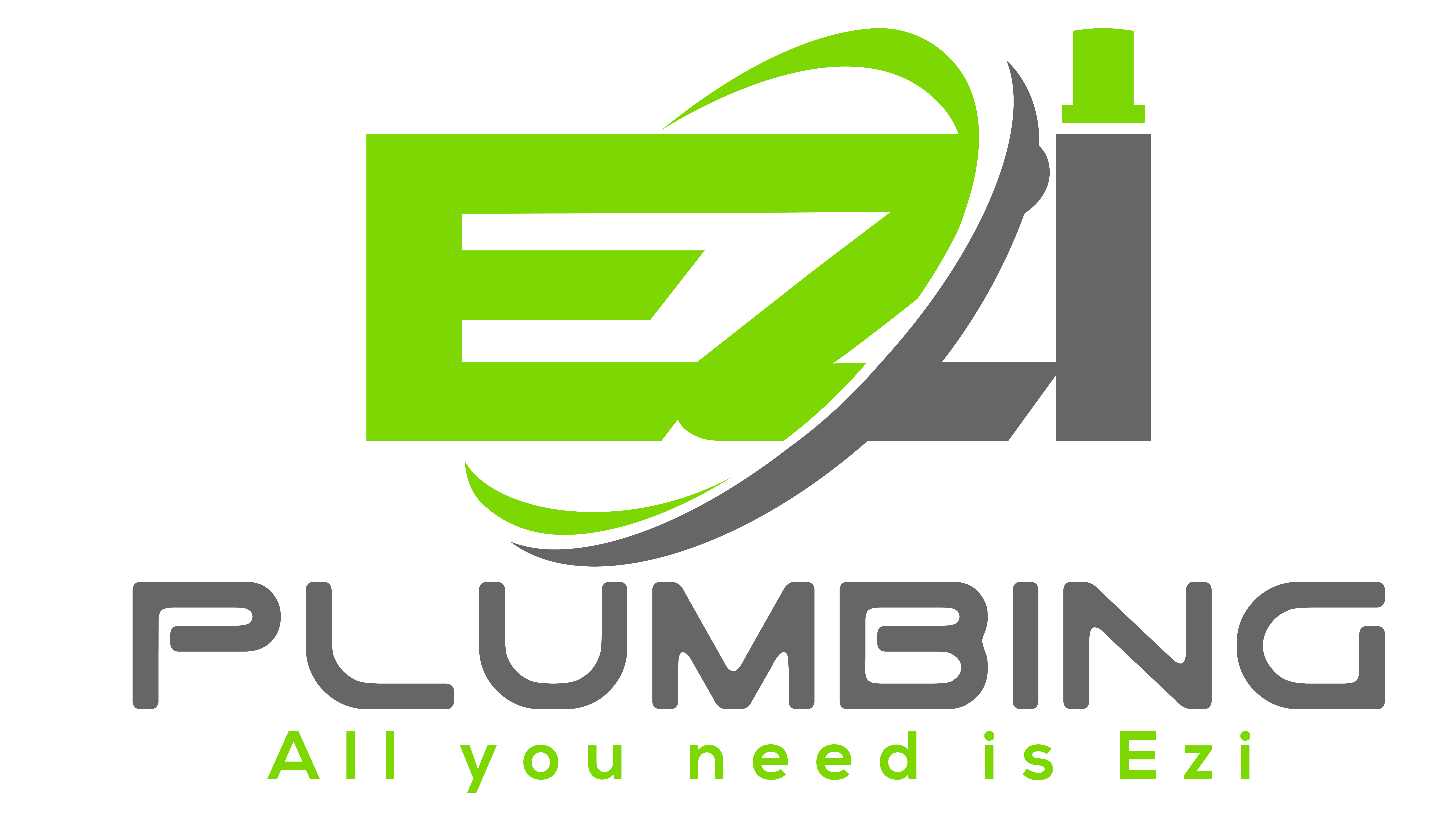It’s easy to overlook the intricate system of pipes and fixtures that keep our homes running smoothly. However, neglecting your plumbing can lead to costly repairs, inconvenience, and even health hazards down the line. That’s why regular plumbing maintenance is essential for every homeowner. In this blog post, we’ll delve into the importance of staying on top of your plumbing upkeep and offer some valuable tips and tricks to help you do just that. From simple DIY tasks to knowing when it’s time to call in the professionals, we’ll cover everything you need to know to keep your plumbing in tip-top shape. So, whether you’re a seasoned homeowner or a first-time buyer, join us as we explore the world of plumbing maintenance and discover how a little care and attention today can save you from headaches tomorrow. Let’s dive in!
Prevent Costly Repairs with Regular Plumbing Maintenance
Maintaining your plumbing system might not be the most glamorous aspect of homeownership, but it’s undoubtedly one of the most crucial. Neglecting your plumbing can lead to a host of issues, from minor leaks to catastrophic pipe bursts, resulting in costly repairs and significant inconvenience. However, with regular maintenance, you can prevent these problems before they arise, saving yourself time, money, and stress in the long run.

- Identifying Leaks Early: One of the primary benefits of regular plumbing maintenance is the ability to identify leaks early on. Even small leaks can cause significant damage over time, leading to mold growth, water damage to walls and flooring, and increased water bills. By inspecting your plumbing system regularly, you can catch leaks before they escalate into more extensive and costly issues.
- Checking for Corrosion and Wear: Over time, pipes and fixtures can deteriorate due to corrosion, mineral buildup, and general wear and tear. Regular maintenance allows you to inspect pipes, faucets, and other plumbing components for signs of corrosion or damage. Addressing these issues promptly can prevent leaks, bursts, and other plumbing emergencies that may require extensive repairs.
- Ensuring Proper Water Pressure: Inconsistent water pressure can be a symptom of underlying plumbing problems, such as clogged pipes or malfunctioning fixtures. By maintaining your plumbing system, you can ensure consistent water pressure throughout your home, preventing issues like low flow or sudden bursts of high pressure that can damage pipes and appliances.
- Preventing Clogs: Clogged drains are a common plumbing problem that can disrupt your daily routine and lead to costly repairs if left unaddressed. Regular maintenance, including clearing drains of debris and buildup, can help prevent clogs from forming and keep your plumbing system running smoothly.
- Maintaining Water Heater Efficiency: Your water heater plays a crucial role in your home’s plumbing system, providing hot water for bathing, cleaning, and cooking. Without regular maintenance, sediment buildup can reduce the efficiency of your water heater, leading to higher energy bills and potentially costly repairs or replacements. Flushing the tank and inspecting the heating elements regularly can help maintain optimal water heater performance.
Extend the Lifespan of Your Plumbing Fixtures
Plumbing fixtures are essential components of any home’s infrastructure, providing us with access to clean water for drinking, bathing, cooking, and cleaning. However, like any other part of your home, plumbing fixtures require regular maintenance to ensure they continue to function optimally and last for years to come. By implementing a few simple maintenance practices, you can extend the lifespan of your plumbing fixtures and avoid the need for premature replacements.

Routine Cleaning and Maintenance
Regular cleaning is key to maintaining the longevity of your plumbing fixtures. For faucets, showerheads, and other fixtures, use a mild cleaner and a soft cloth to remove mineral deposits, soap scum, and other buildup. Pay special attention to aerators and screens, as clogs can affect water flow and put strain on the fixture.
Inspect for Leaks and Damage
Periodically inspect your plumbing fixtures for signs of leaks or damage. Check under sinks, around toilets, and behind appliances for any evidence of water damage, such as stains, mold, or musty odors. Addressing leaks promptly can prevent further damage to the fixture and surrounding areas.
Replace Washers and Seals
Over time, washers and seals in faucets, toilets, and other fixtures can deteriorate, leading to leaks and inefficiencies. Inspect these components regularly and replace them as needed to maintain a watertight seal and prevent leaks.
Monitor Water Pressure
Excessive water pressure can put strain on your plumbing fixtures, leading to premature wear and damage. Install a pressure gauge on your main water line and monitor water pressure regularly. If pressure exceeds recommended levels, consider installing a pressure regulator to protect your fixtures.
Protect Against Hard Water
Hard water contains high levels of minerals such as calcium and magnesium, which can accumulate in your plumbing fixtures and cause corrosion and damage. Consider installing a water softener to reduce the effects of hard water and prolong the life of your fixtures.
Conclusion
The significance of regular plumbing maintenance cannot be overstated, as exemplified by the insights provided by EZI Plumbing in Chain Valley Bay, NSW, Australia. With their contact information readily available (+61 448467788), they offer a valuable resource for individuals and businesses alike seeking to ensure the functionality and longevity of their plumbing systems. By adhering to proactive maintenance practices, such as those outlined in this guide, individuals can mitigate the risk of costly repairs, prevent disruptions to daily routines, and uphold the integrity of their properties. Through diligence and attention to detail, EZI Plumbing underscores the importance of proactive care in maintaining efficient plumbing systems, ultimately contributing to the overall well-being and functionality of homes and businesses.

